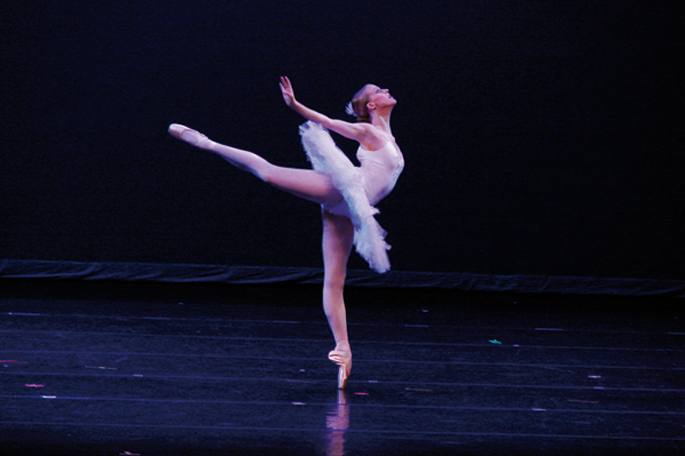
Dancers learn how to control dizziness
Joxerra Aizpurua Sarasola
2013ko urriaren 14a

(David R. Tribble-CC By SA)
Those engaged in ballet or ice skating rarely fall after spinning. On the contrary, any of us, if we're not dancers or skaters, with a few laps, would be sure to fall to the ground. What's that like?
The fluid we have in our inner ear begins to spin when we turn, and as we stand, it continues to spin the fluid inertia. So the brain continues to receive the turning signal, and as it expects us to be in it, we feel dizzy when we stop.
That's a natural fact, but artists, through practice, have taught the brain to ignore the movement of fluid inside the ear. In this way, turn or not, the brain does not send signals that cause dizziness.